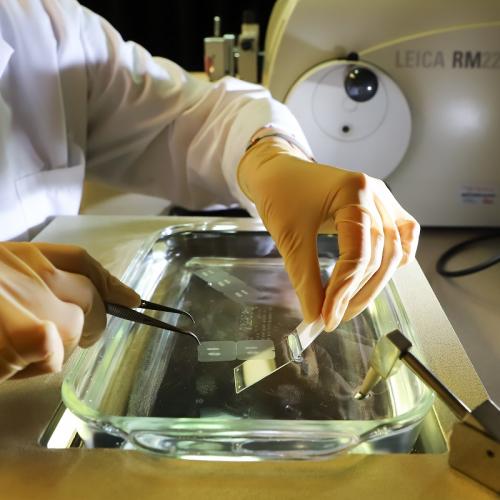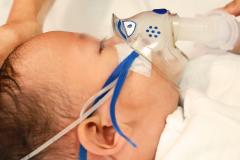
Core facilities provide the wider research community with state-of-the-art instrumentation and expertise, improving research outcomes and furthering success with funding opportunities.
In order to measure the scientific impact from BCCHR Core Technologies and Services, we track and highlight such contributions to the wider research community. To achieve this, we require our collaborators to acknowledge the work performed by the BCCHR Core Technologies and Services in any or all of the following ways:
- At a minimum, acknowledgement of the work of the BCCHR Core Technologies and Services should be included in peer-reviewed research publications. The following sentence can be incorporated into the acknowledgements section of the article:
“The authors wish to acknowledge BC Children’s Hospital Research Institute (BCCHR) Core Technologies and Services, Vancouver, Canada for [activity]."
- In addition, acknowledgements should appear in the text of peer-reviewed publications. For example, in the materials and methods sections, a suggested sentence for inclusion is:
“[Activity] was performed at BC Children’s Hospital Research Institute (BCCHR) Core Technologies and Services, Vancouver, Canada.”
BCCHR Core Technologies and Services does not request or require co-authorship on publications when data has been generated through standard cost-recovery collaborative service alone (i.e. when no intellectual contribution has been made). Where intellectual contributions (i.e. designing experiments, assays, extensive data analysis, non-routine data analysis and interpretation) have been made by the BCCHR Core Technologies and Services staff, collaborators are requested to discuss potential contributions with the relevant staff/Core Technologies Office (core-tech@bcchr.ca) to identify appropriate co-authorship. Normally, simple acquisitions of raw data or routine sample preparations alone would not merit co-authorship but should still be acknowledged.
Core Technologies & Services Acknowledgement and Reference Policy
Did BCCHR Flow Cytometry Core help with your research? We would love to celebrate your success by sharing your research story!
Contact us today!




